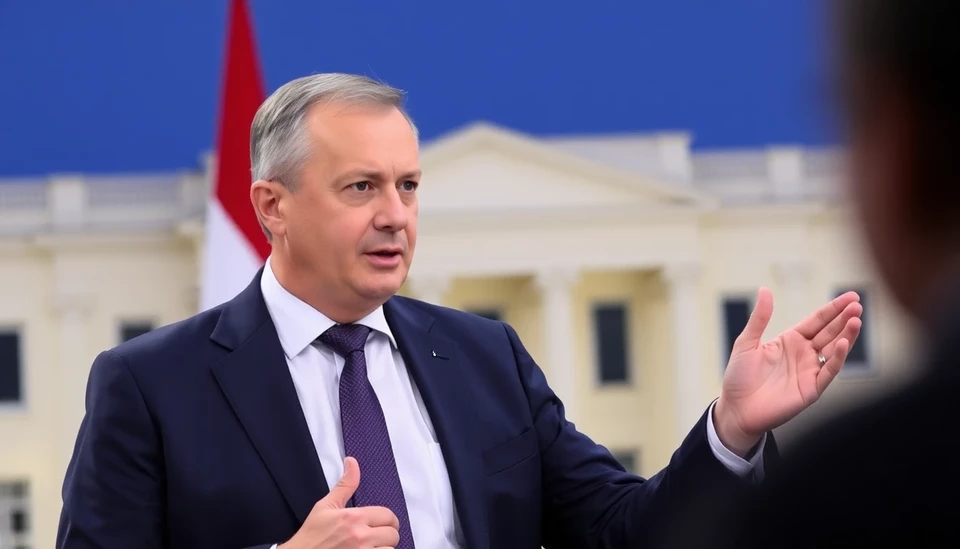
In a significant move for the Hungarian economy, the Central Bank of Hungary has decided to keep its key interest rate unchanged at 13%. This decision comes at a time when the Hungarian forint has recently experienced a notable decline, raising concerns among economists and investors alike about the stability of the nation’s currency.
During a recent meeting, the monetary policy committee of the bank assessed various external economic pressures along with the domestic inflationary landscape before arriving at this critical decision. The central bank's commitment to maintaining high interest rates is part of a broader strategy to rein in inflation, which has been a persistent issue in Hungary. As of now, inflation rates remain above the central bank's target, intensifying the scrutiny on the forint and its market performance.
The forint has faced a tough period, losing approximately 2% against the euro, causing further alarm among market watchers. This depreciation is not only a reflection of the currency’s weak performance but also indicative of broader sentiment regarding Hungary's economic health amidst an uncertain economic environment in Europe.
Analysts suggest that the stability of the forint is crucial for Hungary's economic recovery, particularly as the country navigates through post-pandemic challenges and rising energy prices. Despite the central bank's decision to hold rates, experts are divided on whether this will be sufficient to bolster the forint’s value in the long term.
The central bank appears to be keeping a close watch on developments in the eurozone, as external economic factors play a significant role in shaping Hungary's financial outlook. The decision to maintain the key interest rate at its current level reflects a cautious approach, indicating that officials are prioritizing macroeconomic stability over aggressive monetary easing.
In the coming months, all eyes will be on further economic data as it could influence the central bank’s future strategies. Observers are keenly awaiting indications of the effectiveness of current policies in combating inflation and stabilizing the forint. With the backdrop of geopolitical tensions and global economic uncertainties, the Hungarian economy faces a pivotal moment.
The decision by the Central Bank not only underscores a commitment to inflation control but also sends a signal to international investors about the reliability of Hungary's financial governance amid challenging circumstances. While the immediate outlook may seem concerning, the central bank's sustained vigilance in monetary policy could play a crucial role in fostering long-term economic stability.
As Hungary endeavors to navigate these turbulent times, the choices made by its central bank will undoubtedly have lasting implications on both the domestic economy and the broader European financial landscape.
#Hungary #CentralBank #InterestRate #Forint #Economy #Inflation #FinancialStability #CurrencyMarket
Author: Laura Mitchell




